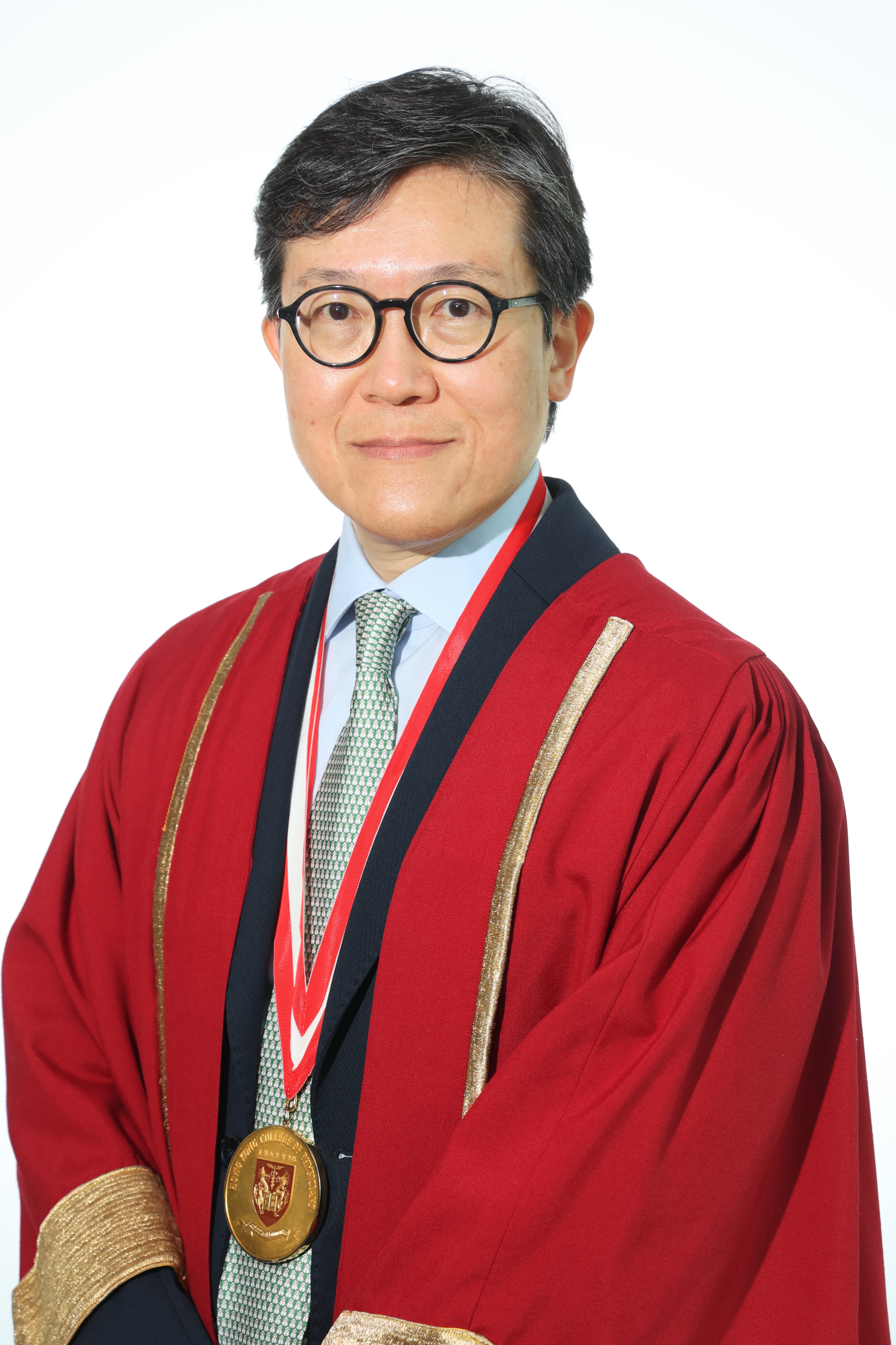|
Presidential Address
Conferment Ceremony, Hong Kong College of Physicians 11 October 2025 Prof Daniel Tak Mao CHAN President Hong Kong College of Physicians Embracing the Journey: Aspirations and Responsibilities of New Fellows of the Hong Kong College of Physicians The Annual Conferment Ceremony is a joyous occasion for the College, as we welcome newly accredited Fellows and Members to the Physician Family. This year, we have 83 new Fellows and 81 new Members, and the total number of College Fellows is over two thousand, making us the largest of all clinician Colleges. To our new Fellows, this ceremony marks an important milestone and a significant achievement in your professional life. Achieving Fellowship status means you have completed at least seven years of structured training first in Basic Physician Training followed by Higher Physician or Specialist Training, you have passed the series of rigorous assessments including the prestigious MRCP(UK)/HKCP Intermediate Examination and the Exit Assessment of your Specialty, and most importantly that you have achieved a standard as a Specialist in Internal Medicine and its subspecialties that is amongst the highest internationally. But this is not just a time for celebration, but also an appropriate time to reflect on the journey and look ahead, as you start a new chapter in your career. Unlike the time when you were a Trainee that you followed the curriculum and satisfied the prescribed requirements, now there is newfound autonomy. You are about to decide your own path in life, to choose how to develop your career, and to develop your areas of interest. I would advise that in making these important decisions, you are not too bothered with banal notions such as the so-called ‘work-life balance’, but that your choices are guided by interest, and most importantly the right values. I, on behalf of the College, take this opportunity to extend our heartfelt thanks to the many colleagues who have worked tirelessly to design and deliver training and educational activities for our Physician Trainees and to refine our structured training program, ensuring that both Trainees and Fellows are supported to reach their fullest potential. We have just published the latest edition of our Training Curriculum earlier this year, with greater emphasis on competency-based medical education in training and assessment, and a new chapter on the newly established Genetics & Genomics (Medicine) subspecialty. The evolution of our curriculum and assessment methodologies reflects the College’s commitment to continuous improvement and excellence in clinical education. Importantly, attaining College Fellowship is not the end of your relationship with the College. Opportunities abound to stay engaged, and to contribute to the upbringing of future generations of Physicians. The College is cognizant of the importance of connecting with its members, as our membership encompasses diverse fractions and a wide range of age groups. Young Physicians are represented not just at the Young Fellows and Trainees Committee, but in all Specialty Boards and the Training Subcommittee. Our younger generations of Physicians are taking part in new initiatives, such as the Trainees Conference that started two years ago and is now an annual event for induction and support of new Physician Trainees. As a body that encompass 20 subspecialties under Internal Medicine, and a membership that includes all Physician Specialists from all healthcare sectors of the community, be it public, private, or academic, the College is a formidable body of professional voice to advise on important healthcare issues. Over the past year, the College has published a position statement in the Hong Kong Medical Journal, and an editorial in the Chinese Medical Journal, on cardiovascular-kidney-metabolic health which has become a pressing global healthcare issue. These initiatives are a testament to the collaborative spirit of all involved, and the significance of seasoned advice from professionals. As clinical medicine advances and the landscape of medicine evolves, so does the need for lifelong learning, innovation, reinvention and resilience. I urge our new Fellows to join hands with your colleagues and the College to embrace and overcome challenges, to contribute to training and healthcare development, with the ultimate objective of improving the health and reducing suffering in the community, especially the underprivileged. To our new Fellows, congratulations on your achievement. I wish everyone of you a bright and fulfilling future. |
About Us >

